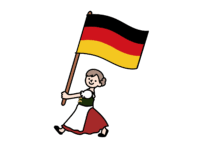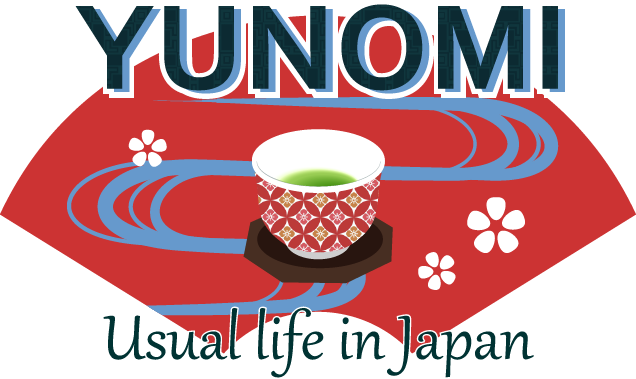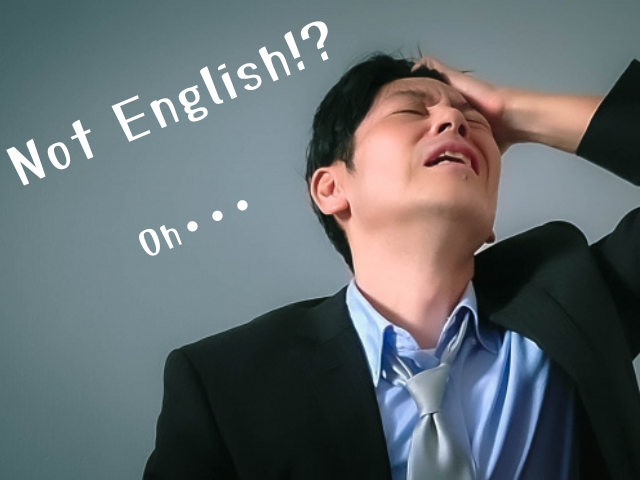If you think every foreign-sounding word in Japan comes from English… think again! Many words that sound English actually come from German or French — and most Japanese people don’t even realize it.
It’s one of those delightful quirks of language that shows how Japan borrowed, mixed, and reinvented words in its own way. Let’s explore some examples that might surprise you!
German Words Hiding in Plain Sight

During the Meiji era (late 19th century), Japan learned a lot from Germany — especially in medicine and science.
That’s why many “English-looking” words in Japanese actually came from German.
Arubaito (アルバイト)

— from Arbeit, “work”.
In English you’d say “part-time job,” but in Japan even students proudly say, “I have an arubaito.”
Karute (カルテ)

— from Karte, “medical record/card”.
Every patient has one — this word lives in every hospital.
Kombināto (コンビナート)

— from Kombinat, “industrial complex”.
It sounds high-tech — because it is, linguistically!
Orugōru (オルゴール)

— from Orgel, “music box”.
The word feels as nostalgic as the sound it makes.
Even today, medical and technical fields in Japan keep many German-based terms — a reminder of how much Japan once admired German precision and discipline.
French Elegance in Everyday Life

France left its mark on fashion, food, and lifestyle. Some words are so natural in Japan that few realize their French roots.
Zubon (ズボン)

— from jupon, “petticoat/underskirt”.
Somewhere along the way, it transformed into “pants.” Quite a wardrobe change!
Apaato (アパート)

— from appartement, “apartment”.
In Japan, an apaato usually means a small, low-rise unit — very different from a “mansion” (which means condominium here).
Note (ノート)

— from note.
In Japan it means “notebook,” not a musical note.
Croissant (クロワッサン)

— from croissant, “crescent”.
Most people just think of it as a type of bread — without realizing they’re speaking perfect French at the bakery.
So yes — daily life in Japan may sound English, but part of it is speaking en français!
Why It’s So Confusing (and So Fun)
Many Japanese people know the term wasei-eigo (Japanese-made English), but few realize that some everyday words actually come from other European languages.
So when someone tries to speak “English” using these words, foreigners might look puzzled — and both sides end up laughing.
“I live in an apaato near the station.”
“You mean… apartment?”
“Yes, yes! Apaato!” 😄
It’s not wrong — it’s just wonderfully Japanese: a tiny comedy of language, history, and culture.
The Blend That Makes Japanese Unique

English, German, French — they’ve all been mixed, reshaped, and naturalized in Japan. Somewhere in that process, these words became more than borrowed — they became Japanese.
So next time you hear arubaito, zubon, or croissant, remember: you’re not just hearing English… you’re hearing a linguistic time capsule of Japan’s curious, creative past.

